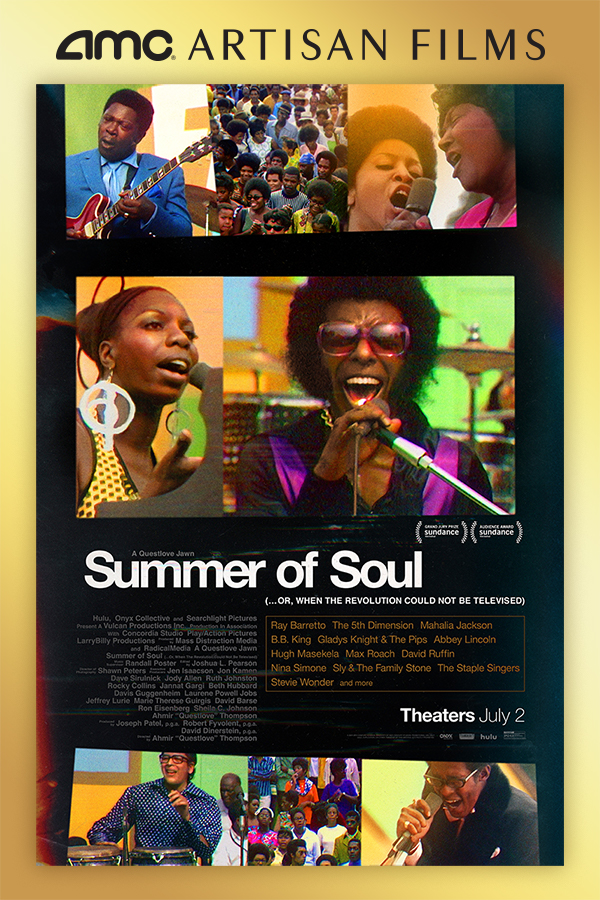Deciding NOT to Use Narration
First, congratulations to the creative team behind Summer of Soul for winning Best Documentary Feature at the 2022 Academy Awards! (We won’t talk about Will Smith here.)
Director Ahmir “Questlove” Thompson decided not to use conventional narration, instead relying on the emcee of the 1969 Harlem Cultural Festival to introduce performers and lend mood.
It was a good choice. Ditto for fellow nominee Stanley Nelson, who co-directed Attica, a documentary about a famous prison rebellion fifty years ago.
Now, time for a disclaimer. I’ve argued before The Case for Narration, an underestimated tool that can clarify plot points and establish mood.
But when and why should a filmmaker decide to not use narration?
“Early on,” says Nelson. Why?
Because, in this case, the interviewees were so gripping. “We’ve got these witnesses,” said Nelson, adding that the choice to not use narration would the make storytelling “much more complicated”.
Speaking earlier this month at the Gotham’s Filmmaker Discussion with co-director Traci Curry, Nelson continued, “Making a film without narration is like diving off a high diving board. Now you’re going to do three somersaults and two back flips and dive into a little pool of water.”
In other words, the editor has to work extra hard, contorting soundbites to convey critical exposition.
“I really respect that you guys just got out of the way,” replied Jon Else, a 1981 Oscar nominee.
“The fact that there’s no fancy dancing, no artifice, between the audience and these very … unguarded people,” said Else, “It just gives [the film] a credibility that you see less and less in documentary making these days.”
Sometimes I think the younger generation’s resistance to using narration is an excuse to duck the hard work of authoring one’s film.
But not in these two historical docs. Neither languor nor fashion clouded the directors’ visions to honor their films’ witnesses–by eschewing third person narration. See for yourself the eloquent voices in Attica’s official trailer (less than two minutes).
To learn how Summer of Soul was edited, check out this excellent Frame.io blog. Then watch it!
On a personal note, I’m grateful to have collaborated with all four Gotham participants.
During my UC Berkeley teaching days, I worked alongside Professor Jon Else and guest faculty Stanley Nelson, as they mentored and rallied future filmmakers, including Pete Nicks and Traci Curry. Go Bears Go!
